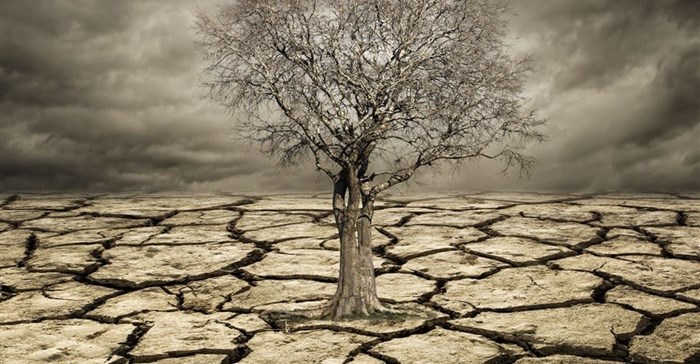Science helps Africa prep for disasters

The ‘Raising Risk Awareness’ initiative brings together scientists from ‘World Weather Attribution’ (WWA) initiative – an effort led by Climate Central with the Red Cross Red Crescent Climate Centre, University of Oxford, University of Melbourne and Royal Netherlands Meteorological Institute – with the Climate and Development Knowledge Network (CDKN).
It will assess whether climate change has contributed to extreme weather events such as droughts, floods and heatwaves in several countries across East Africa and South Asia. The team will use peer-reviewed methods to discover the links – and will distribute the information widely to the press, policy-makers and the public in these countries.
“These regions are particularly vulnerable to weather disasters,“ said Paul Hanle, Climate Central president and CEO. “We are pleased to join CDKN in this important international alliance that draws upon the cutting edge climate science to manage climate risk.”
Scientists now can determine if human-induced climate change contributed to an extreme event – or if the event would have happened anyway. Techniques for attributing such extreme events to climate change – almost in real time – have advanced in the last 10 years and are considered the new frontier of climate science. If climate change has played a role, scientists can indicate how often such events are likely to happen in the future and work with countries to brace for similar events.
New conversations
“We are looking to kick off new conversations about how developing countries can reduce their vulnerability to climate change and construct more resilient societies after climate-related disasters,” said Sam Bickersteth, CDKN’s chief executive.
“Extreme weather events are not selective; they often hit countries that are least well equipped to deal with the impacts – and this can set their development back by years. CDKN is delighted to bring its experience from years of work in climate-resilient development and climate communications to this new partnership.”
Maarten van Aalst, director of the Red Cross Red Crescent Climate Centre, another WWA member, said: “It makes a real difference to policy-makers and planners if they can find out quickly after a disaster whether such extreme events are becoming more or less frequent. Some decisions about recovery and reconstruction need to be made within days or weeks.
“Take the example of heat waves, killing people and destroying harvests. In some cases, such extreme temperatures, which used to happen every 50 years, now occur every 10 to 15 years, because of climate change. Information like this has deep implications for how developing countries invest their scarce resources.”
Members of the public also have a role to play in assessing the role of climate change in extreme weather events. Friederike Otto of Oxford University, Science Lead for the new initiative, explained: “For our regional climate modelling, we are entirely dependent on the computing time donations from members of the public. Volunteers can sign up to participate in climateprediction.net, which harnesses the power of thousands of personal computers to run our models.”
The ‘Raising Risk Awareness’ project launched in May 2016 and will run until March 2017.






















